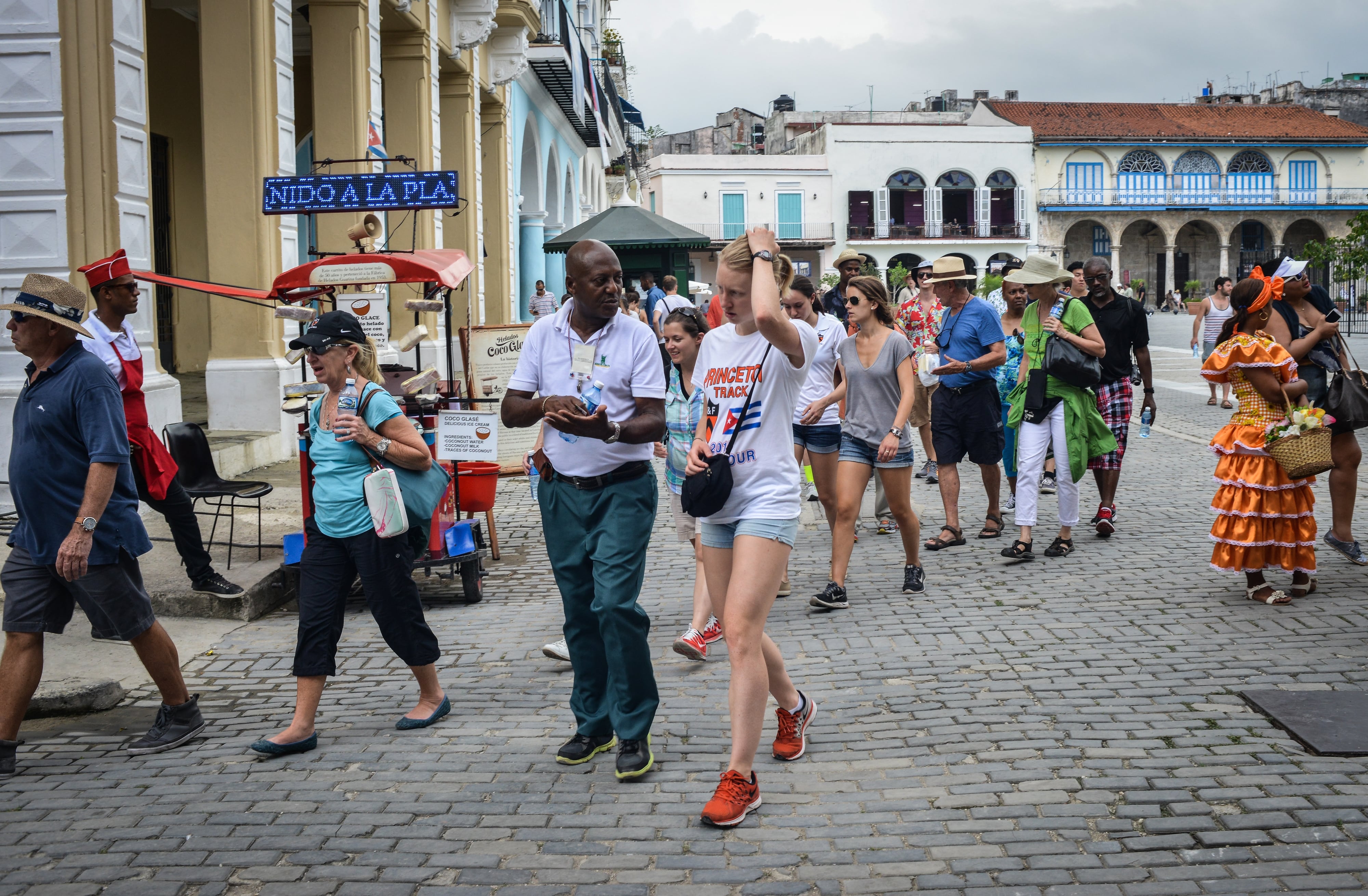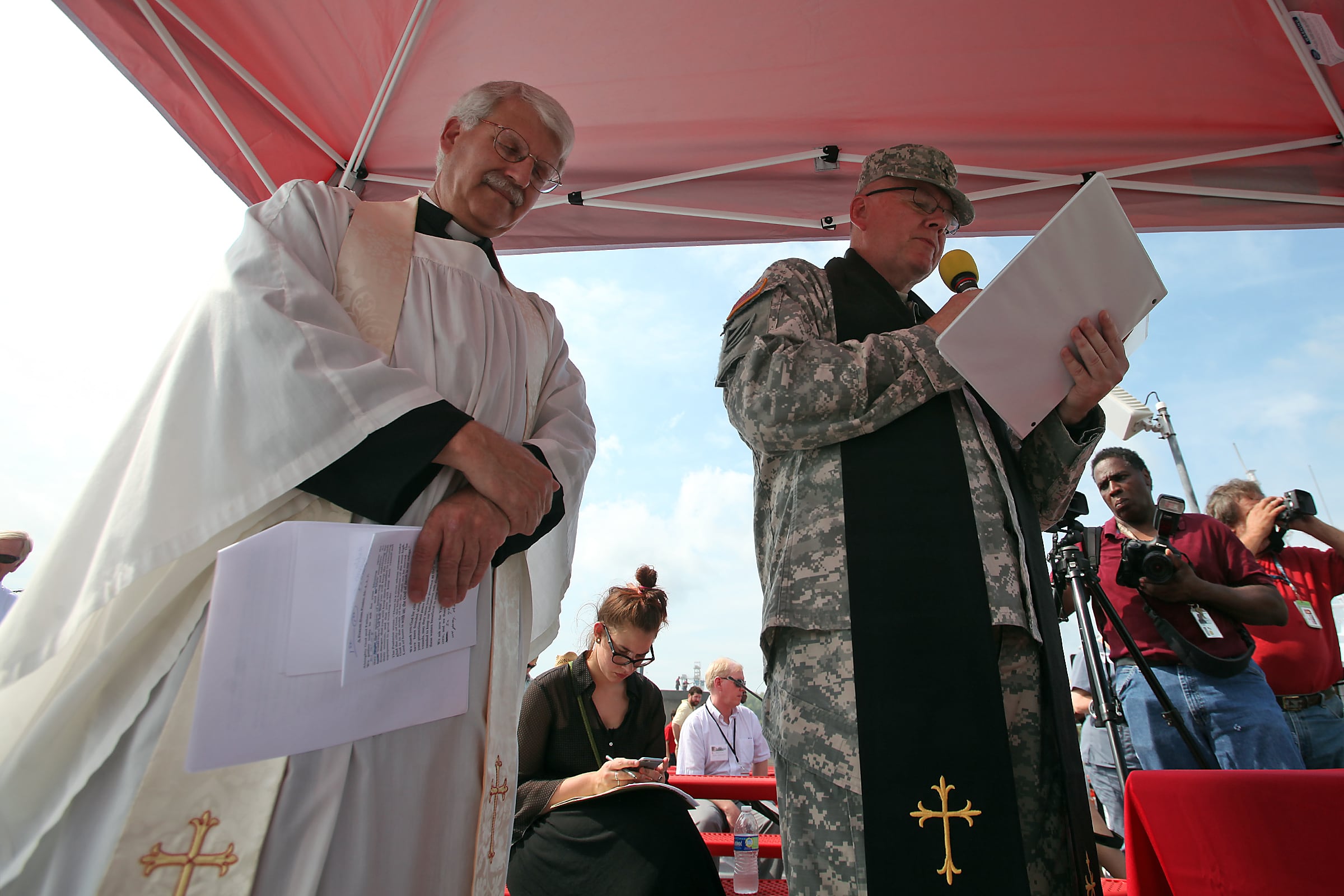The U.S. has formally announced its intentions to open an embassy in Havana, bringing the Marine Corps a significant step closer to deploying uniformed embassy security guards to the tropical Caribbean island.
The decision to open formal diplomatic facilities was announced by July 1 by President Barack Obama July 1 at the White House. While U.S. officials said they have not finalized a specific date, Cuba's Foreign Ministry said embassies in both countries will be up and running on July 20.
When ever that does happens, Marines will guard a formal embassy in Havana for the first time since 1961 when diplomatic ties were severed with Cuba's communist government just two years after Fidel Castro's rise to power. It is likely to be a plum assignment, with the island known for its vibrant culture and beautiful vistas,
But only a few Marines will go. The Havana detachment will likely be on the smaller side of a typical six- to 20-Marine team, a Marine official said a Corps official in June. The official spoke on the condition of anonymity as they were who was not authorized to speak on the topic pending ongoing State Department negotiations.
More recently, a Marine officials said the call would be the State Department's, but it is standard for all embassies to have a detachment. State Department officials did not answer specific questions regarding the imminent Marine presence in Havana.
The reason the detachment would be small, according to one Cuba expert, is because Havana will be a low-risk post.
A State Department official said on background following the announcement that they "are confident the embassy in Havana will be able to operate similar to other embassies operating in restrictive environments." a following the announcement, "We're confident that our embassy in Havana will be able to operate similar to other embassies operating in restrictive environments.
"We will be able to meet and exchange opinions with a variety of voices and views both within the government and outside," the official added. "We'll be able to engage a broad range of Cuban civil society and citizens. Every U.S. embassy faces a different set of constraints, but we believe we've made sufficient progress to begin embassy operations," the official added.
While the U.S. and Cuban governments have had antagonistic relations for more than half a century, Cuban citizens generally like the U.S., said William LeoGrande a professor of government at American University's School of Public Affairs and a repeat traveler to Cuba.
"Cubans like Americans. We've always had a cultural affinity and many Cubans would still like to come to the U.S.," he said, correctly predicting in early June that an announcement to open an embassy would be made within in a month.

Students of Princeton University walk along the streets of Havana, on June 17. State Department officials said diplomats stationed at the future U.S. Embassy in Cuba will be able to travel more freely around the country than they do now.
Photo Credit: ADALBERTO ROQUE, AFP
Many, in fact, rely on remittances to augment their income, sent by family that has already made it to the U.S.
So while protesters in hostile nations commonly burn U.S. flags outside embassy compounds, recent Associated Press photos show Cubans celebrating the incremental normalization of relations by sporting American flag-themed apparel or by flying the nation's flags alongside one another. Stars and Stripes alongside the Cuban flag.
That means Marines who go should have a great time when not on duty, added LeoGrande said. And the State Department official hinted at the level of free movement U.S. personnel might expect, even in their official capacities.
"On the issue of travel for our diplomats, what I can tell you is that the travel ... will be much, much more free and flexible than it is now," the officials said on background.
For now, however, U.S. personnel will continue to notify the Cuban government of their travel within the country, even if they are able to travel without approval.
LeoGrande cautioned that like any place, there are low-level risks that include mugging. But the Caribbean island is absent the sort of post-9/11 threats U.S. personnel face in other counties.





